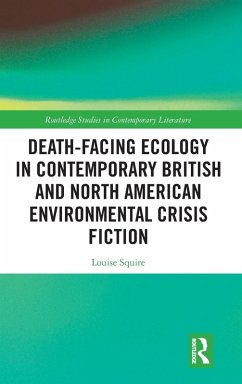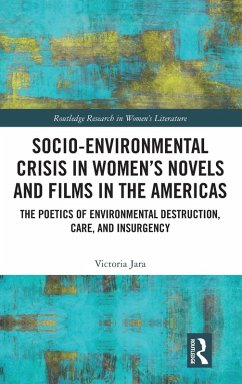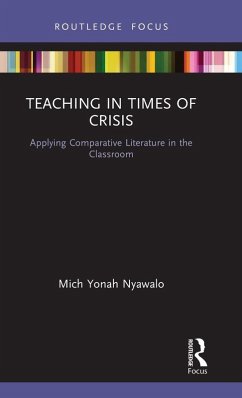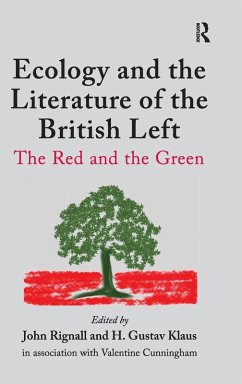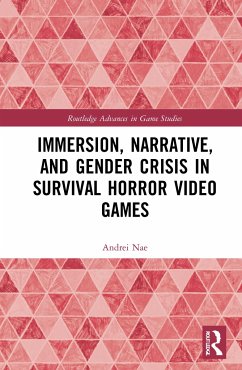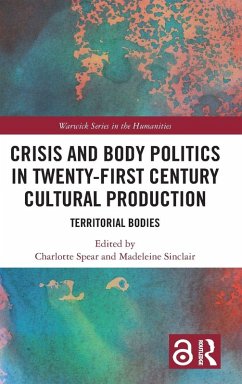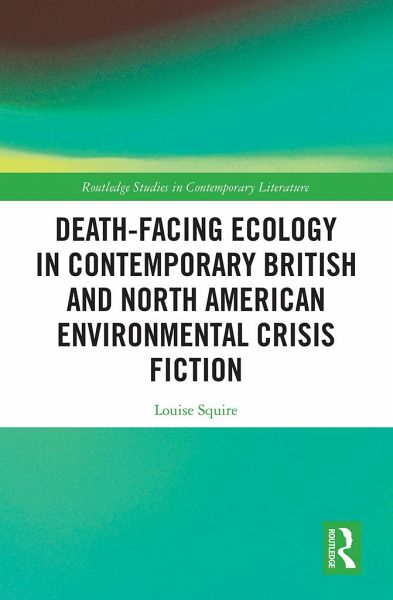
Death-Facing Ecology in Contemporary British and North American Environmental Crisis Fiction
Versandkostenfrei!
Versandfertig in 1-2 Wochen
55,99 €
inkl. MwSt.
Weitere Ausgaben:

PAYBACK Punkte
28 °P sammeln!
Recent years have seen a burgeoning of novels that respond to the environmental issues we currently face. Among these, Louise Squire defines environmental crisis fiction as concerned with a range of environmental issues and with the human subject as a catalyst for these issues. She argues that this fiction is characterised by a thematic use of "death," through which it explores a "crisis" of both environment and self. Squire refers to this emergent thematic device as "death-facing ecology". This device enables this fiction to engage with a range of theoretical ideas and with popular notions of...
Recent years have seen a burgeoning of novels that respond to the environmental issues we currently face. Among these, Louise Squire defines environmental crisis fiction as concerned with a range of environmental issues and with the human subject as a catalyst for these issues. She argues that this fiction is characterised by a thematic use of "death," through which it explores a "crisis" of both environment and self. Squire refers to this emergent thematic device as "death-facing ecology". This device enables this fiction to engage with a range of theoretical ideas and with popular notions of death and the human condition as cultural phenomena of the modern West. In doing so, this fiction invites its readers to consider how humanity might begin to respond to the crisis.





